Advertisement
mbg is thrilled to announce a new partnership with Food Tank, a nonprofit dedicated to finding a sustainable solution to hunger, obesity, and poverty worldwide. Check out the organization's latest list of must-read books that cover innovations in our food system.
Bread, Wine, Chocolate: The Slow Loss of Foods We Love
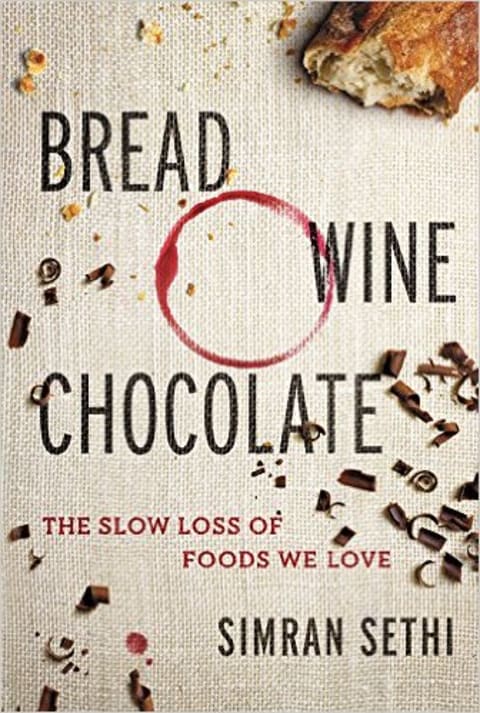
Only 30 species provide nearly all of the world's calories today. Simran Sethi assesses the reasons for this loss in diversity and the extensive effect it has on our health, traditions, and culture. From Ethiopian coffee forests to British yeast culture labs, the book takes readers on a page-turning exploration of the intimate relationship that exists between our food choices and sustained cultural and biological diversity.
The End of Plenty: The Race to Feed a Crowded World
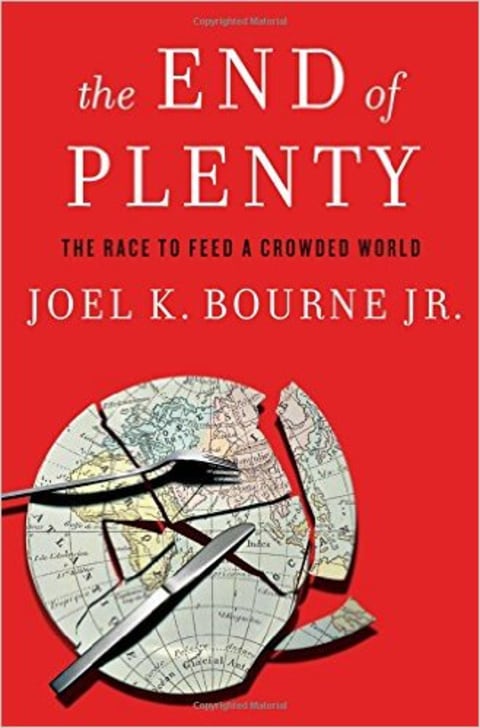
Written by an environmental journalist, this book examines the future of food, feeding the world, and climate change while introducing readers to food renegades, activists, and visionaries around the world.
Both a comprehensive assessment of the future of food and a call to action, Bourne inspires his audience to join the next generation of farmers and scientists as they work creatively, quickly, and sustainably in the midst of erratic weather patterns to increase global food supplies.
Grass, Soil, Hope: A Journey Through Carbon Country
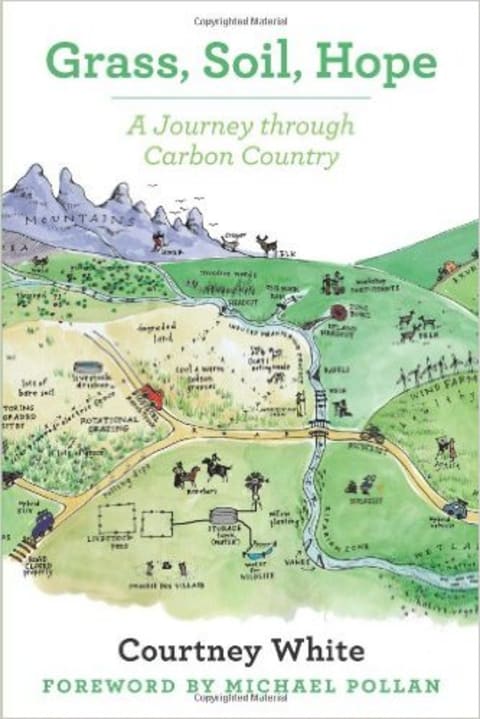
In this book, Courtney White defends the plausibility and importance of pulling increasing amounts of carbon from the atmosphere and storing it safely in soil. In addition to highlighting innovative soil management techniques already employed on farms and ranches around the world, the author articulates how smart land use could reduce greenhouse gas emissions and provide benefits to all living things.
First Bite: How We Learn to Eat
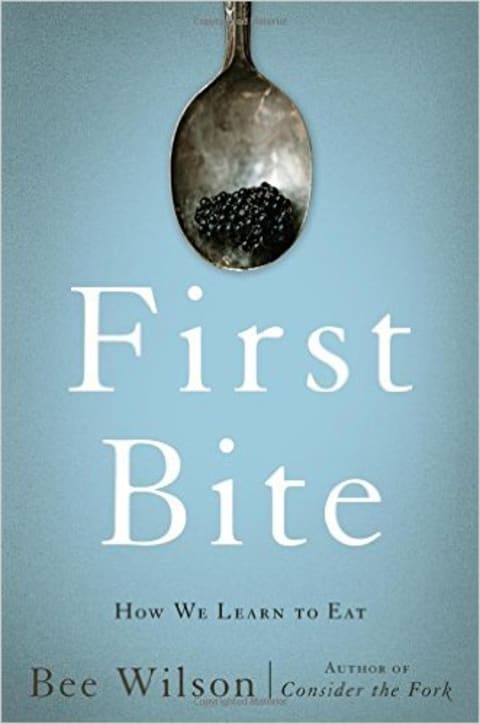
Author Bee Wilson takes readers around the globe in an exploration of how humans learn what, when, and how much to eat. With the goal of identifying how and why our relationship to food has gone awry, Wilson introduces readers to picky eaters, prisoners of war with a deep yearning for a homecooked meal, and researchers that have developed new tactics for getting kids to eat more vegetables. Along the way, First Bite shows how changes in diet can create healthier, happier lives.
Food Wars: The Global Battle for Mouths, Minds, and Markets
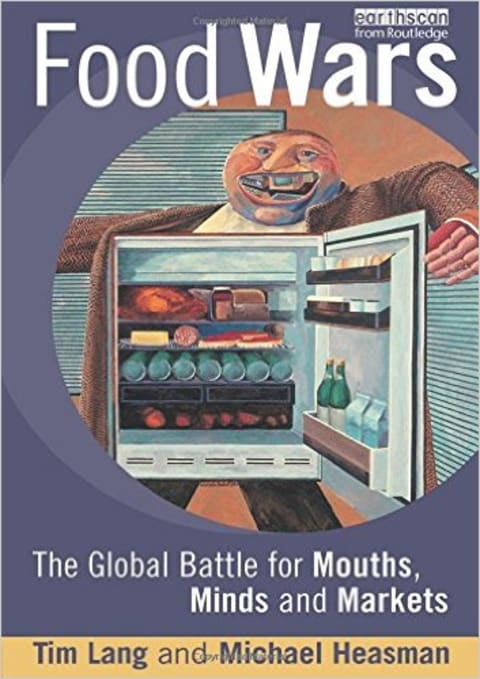
Much has happened in the world of food policy since 2003, when the first edition of Food Wars was published. The updated version gives increased attention to current food issues, including nutrition, obesity, food security, food prices, and market power.
Gardening with Less Water
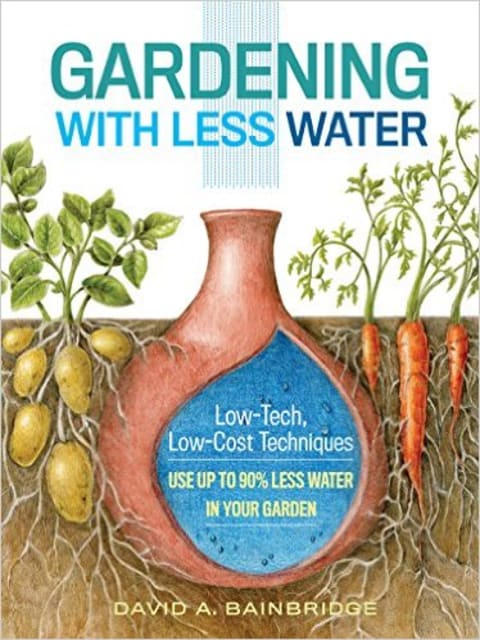
An exploration of how to minimize water usage in gardening, this book offers easy and inexpensive techniques for keeping plots, pots, and beds hydrated. David Bainbridge's low-tech solutions—inspired by traditional techniques, proven by modern research—offer guidance for gardeners and small-scale farmers facing a period of water shortage or looking to operate more efficiently.
Growing Livelihoods: Local Food Systems and Community Development
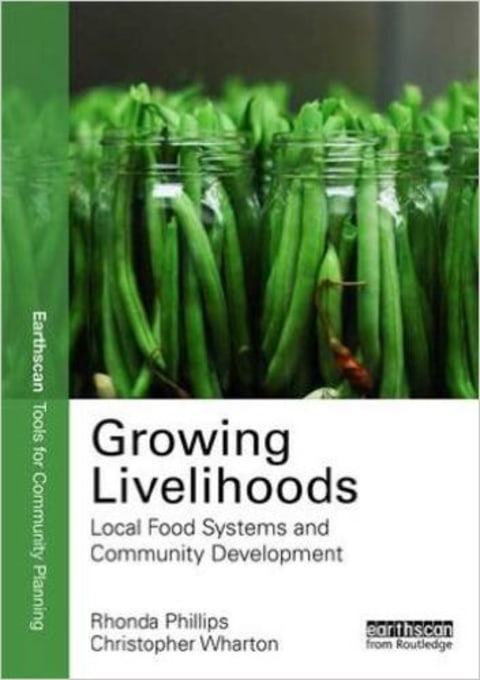
Evaluating the potential benefits of intertwining city planning and local food systems, Phillips and Wharton offer ideas on how local food systems can positively effect communities to increase nutritional offerings and stimulate economic development.
Beyond the Tragedy in Global Fisheries
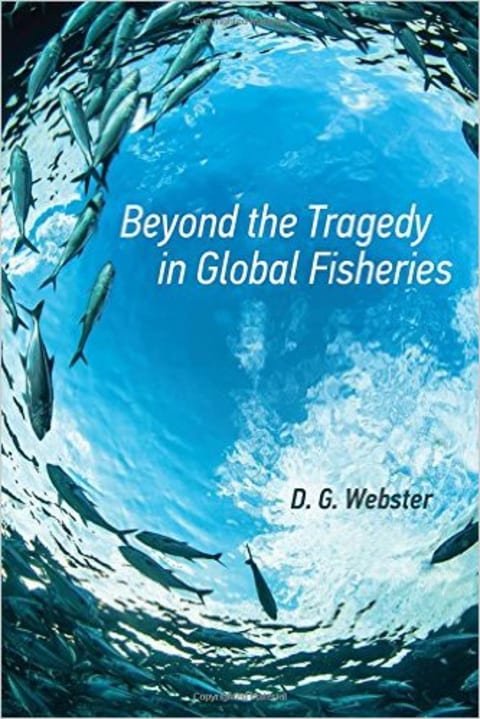
Webster examines how fisheries are evolving both politically and economically around the globe. He traces population growth and economic development patterns related to fisheries and concludes that sustainable fisheries can only exist within a sustainable economic system.
Hamburgers in Paradise: The Stories Behind the Food We Eat
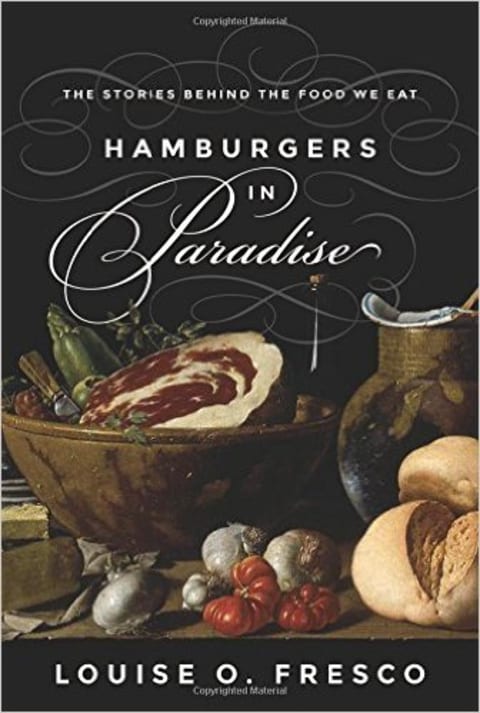
In this book, Fresco utilizes decades of research to tell the story behind each meal that is eaten. With a focus on topics like surplus, obesity, poverty, and climate change, the author examines how food is produced and consumed and how we can look to human and agricultural history to create a food system that will provide in the future.
Adventures in Urban Bike Farming
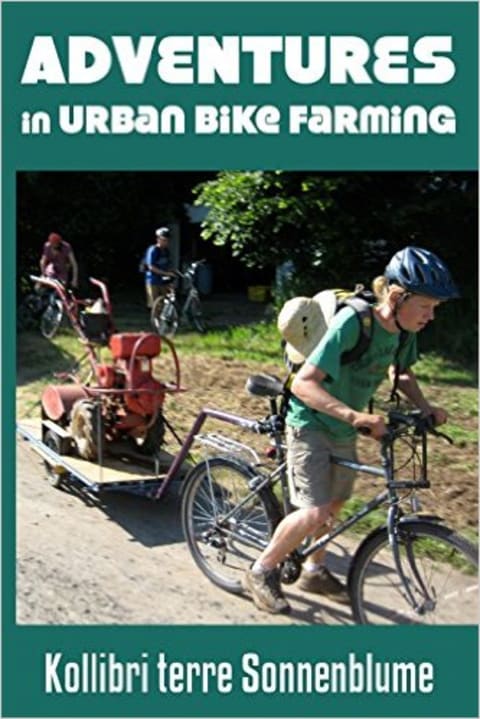
Described as equal parts historical document, confessional memoir, and social critique, this book chronicles Kollibri Terre Sonnenblume’s experience as an urban farmer in Portland, Oregon, through the early 2000s.
As Sonnenblume explains, this is not your typical, “Rah-rah, look how sustainable we are” story, but it is full of lessons for those interested in using urban farming to address current environmental and social challenges.
The Hidden Half of Nature: The Microbial Roots of Life and Health
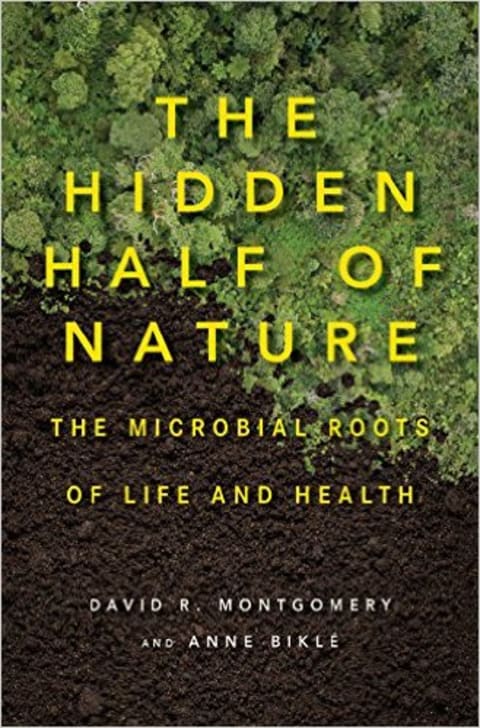
Investigating the relationship between the microbiome of a plants’ roots and the human gut, Montgomery and Biklé explore the potential to change agriculture and medicine. Their experience revitalizing the dirt in their backyard with organic matter and Biklé’s cancer diagnosis frame the book’s exploration of the links between the microbiomes of crops and people. These experiences lead them to discover that we are all the "product of what our microbes eat."
Just Food: Philosophy, Justice, and Food
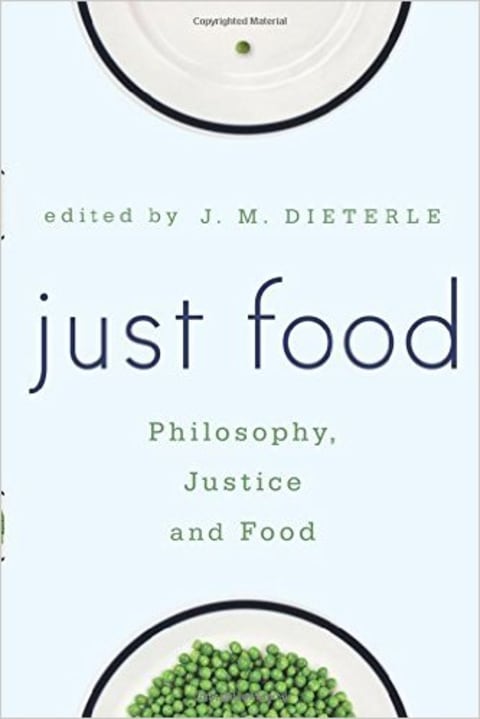
A compilation of 13 philosophical essays, this book critically examines the causes and consequences of our inequitable food system. The rich dialogue on race, the gendered aspects of food inequality, food sovereignty, the relationship between food and property, and the local food movement both examines and contributes ethical considerations to the food justice movement.
Organic Cooking on a Budget: How to Grow Organic, Buy Local, Waste Nothing, and Eat Well
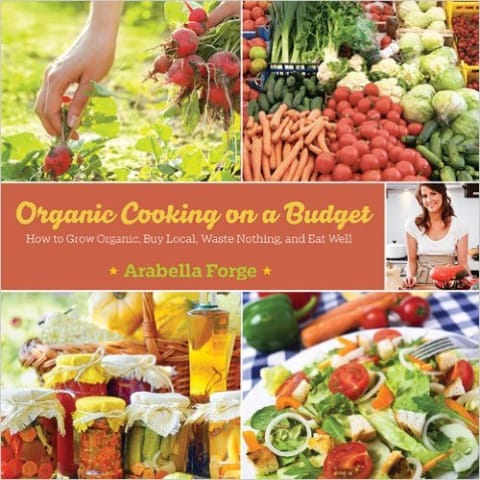
In this hands-on, practical advice-giving book, Forge teaches how to eat well and eat frugally. Through techniques such as building a composter and chicken coop, learning how to efficiently stock a pantry, and discovering local food resources, the reader will learn how to form a better, less wasteful relationship with food.
The Reproach of Hunger: Food, Justice, and Money in the Twenty-First Century
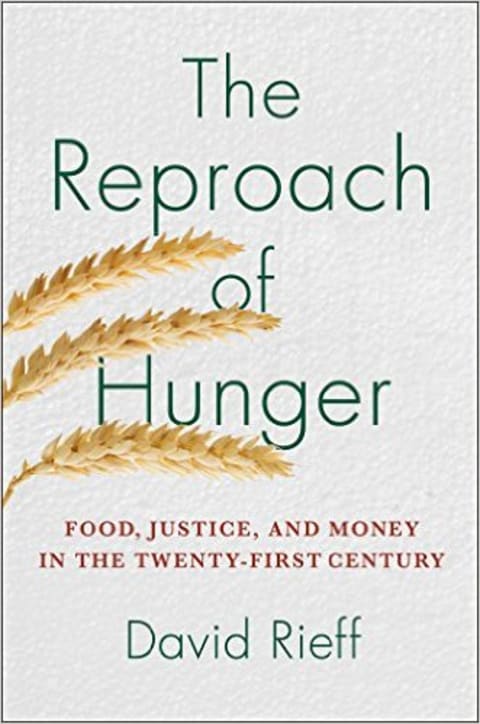
Based on six years of research, David Reiff looks at whether or not ending extreme poverty and hunger is possible in the future. Drawing on his extensive knowledge of international development and aid, he provides readers with a realistic assessment of our ability to solve the global food crisis and questions if any one effort can do it alone.
The Urban Composter: An Indoor and Outdoor Guide to Composting for the City Homesteader
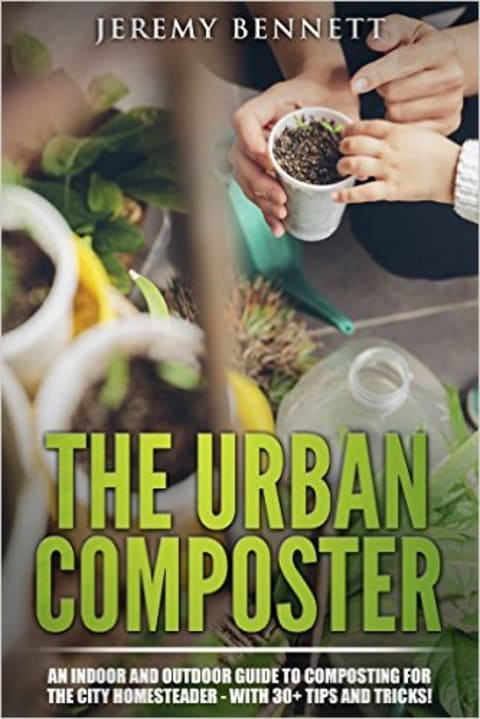
Regardless of the size of a living space, this book teaches that composting can be done anywhere at any time. With a special focus on urban composting, Bennett offers the reader the ins and outs of what and how to compost, along with 30 tips and tricks that will benefit both the expert and the beginner.
SNAP Matters: How Food Stamps Affect Health and Well-Being

The Supplemental Nutrition Assistance Program (SNAP) has been in effect for over 50 years, yet there is a lack of research into its benefits, challenges, and overall effectiveness. This book brings together top scholars to begin asking and answering questions about how SNAP is related to obesity, poverty, malnutrition, and school food programs.
Emerging Technologies for Promoting Food Security: Overcoming the World Food Crisis
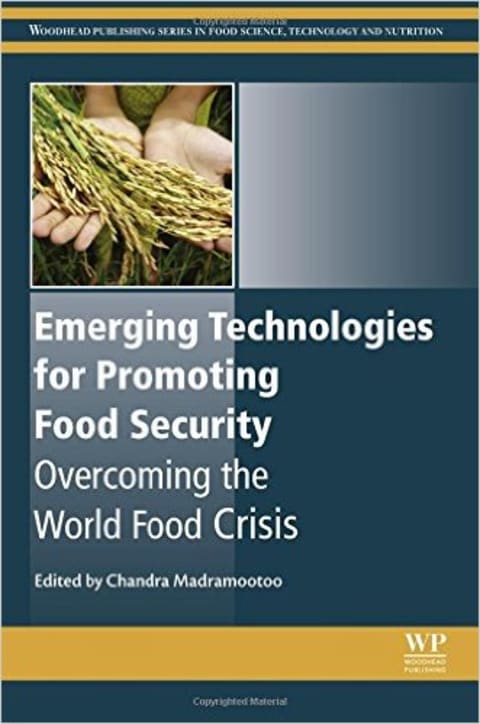
This book provides a thorough assessment of the factors that influence global food insecurity, including rising energy prices, water scarcity, increased biofuel use, and expanding populations.
Urban Farmer: Growing Food for Profit on Leased and Borrowed Land
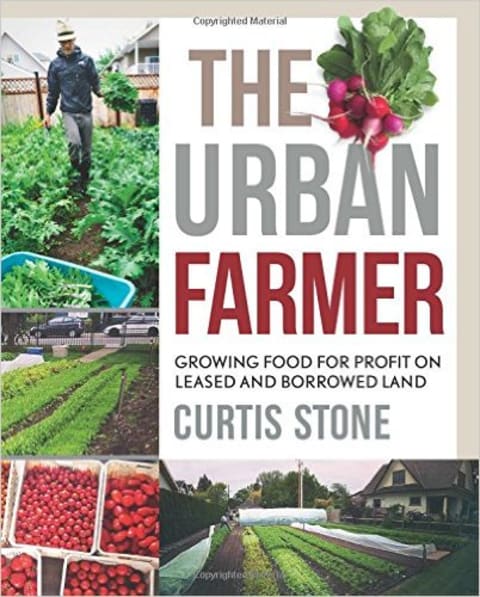
In this practical, hands-on manual, Curtis Allen Stone explains the business strategies and techniques that are necessary for creating a successful urban farm. As an experienced urban farmer, Stone teaches how to be profitable while minimizing risk and growing high-yield, high-value crops.
Watch Next
Enjoy some of our favorite clips from classes
Enjoy some of our favorite clips from classes
What Is Meditation?
Mindfulness/Spirituality | Light Watkins
Box Breathing
Mindfulness/Spirituality | Gwen Dittmar
What Breathwork Can Address
Mindfulness/Spirituality | Gwen Dittmar
The 8 Limbs of Yoga - What is Asana?
Yoga | Caley Alyssa
Two Standing Postures to Open Up Tight Hips
Yoga | Caley Alyssa
How Plants Can Optimize Athletic Performance
Nutrition | Rich Roll
What to Eat Before a Workout
Nutrition | Rich Roll
How Ayurveda Helps Us Navigate Modern Life
Nutrition | Sahara Rose
Messages About Love & Relationships
Love & Relationships | Esther Perel
Love Languages
Love & Relationships | Esther Perel












